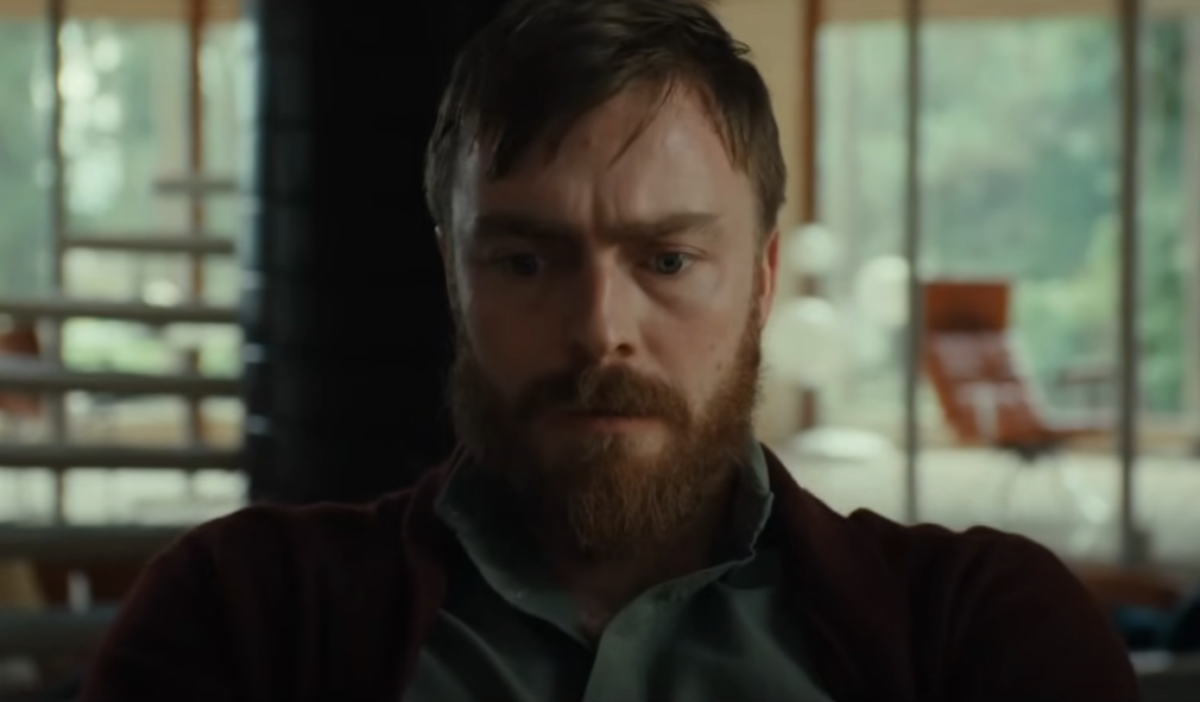A London theater has canceled the world premiere of a movie allegedly written entirely by ChatGPT. The director plans to release the movie online.
The Prince Charles Cinema in London has called off this weekend's planned world premiere of "The Last Screenwriter" due to public outcry over the film's controversial screenwriter: ChatGPT.
Swiss director Peter Luisi's film explores the collaboration between a human screenwriter and an AI system. Luisi says his film aims to spark a debate about artificial intelligence and its impact on the industry.
After the theater announced on social media that it would screen what is claimed to be the first feature film written entirely by AI, critical comments poured in.
A day later, the theater backtracked: Feedback over the past 24 hours showed that many viewers were deeply concerned about using AI instead of a human screenwriter, which points to a larger industry problem, it wrote in a statement.
Luisi, who had specifically chosen the Prince Charles Cinema for its target audience and paid for advertising, expressed disappointment at the cancellation.
He told Screen Daily that he had hoped the London theater wouldn't cave in "just because a few people are upset – you can never do anything that everyone likes, especially with this subject."
Luisi now plans to release the full film online, along with the AI-generated script and a step-by-step documentary of the production process.
The controversy surrounding "The Last Screenwriter" reflects a wider debate in the entertainment industry. Last year, Hollywood actors and screenwriters went on strike, with AI's role in the industry being a key point of contention.
What matters more, intention or production?
In this particular case, the controversy seems a bit overblown, as Luisi writes on his website that he helped ChatGPT develop the script. While he only worked with the machine as a director, assistant writer or editor would, ChatGPT alone isn't yet capable of replacing a screenwriter, Luisi says.
However, Luisi's contribution to the work is not enough to be called a screenwriter, he says. All the scenes, characters, plots, twists, and dialog came from ChatGPT without him contributing any ideas or interfering with the structure of the film.
"The result is an almost unbelievably good screenplay… considering the fact that it was written by a computer," Luisi writes.
But of course, Luisi had the idea for the film. He wrote the first prompt: "Write a plot to a feature length film where a screenwriter realises he is less good than artificial intelligence in writing."
He also describes the story as "perhaps the most personal story I have ever told." His prompt reflected his fears, and Luisi improved the script. This undoubtedly makes him a big part of this story.
So it's debatable whether the script was generated by AI or written by Luisi with AI assistance. The intention, the initial spark, came from Luisi and is at least as important, if not more important, than the actual craft of writing, which in this case was partially automated and controlled and validated by humans.
The discussion is reminiscent of AI inventor Stephen Thaler's attempts to make a machine the creator of an image that was ultimately triggered by him as a human. So far, he has failed in court.
According to Ashton Kutcher, things will become clearer in the not-too-distant future: He foresees fully automated production processes in the film industry, where the machines come up with the idea and generate the assets.
